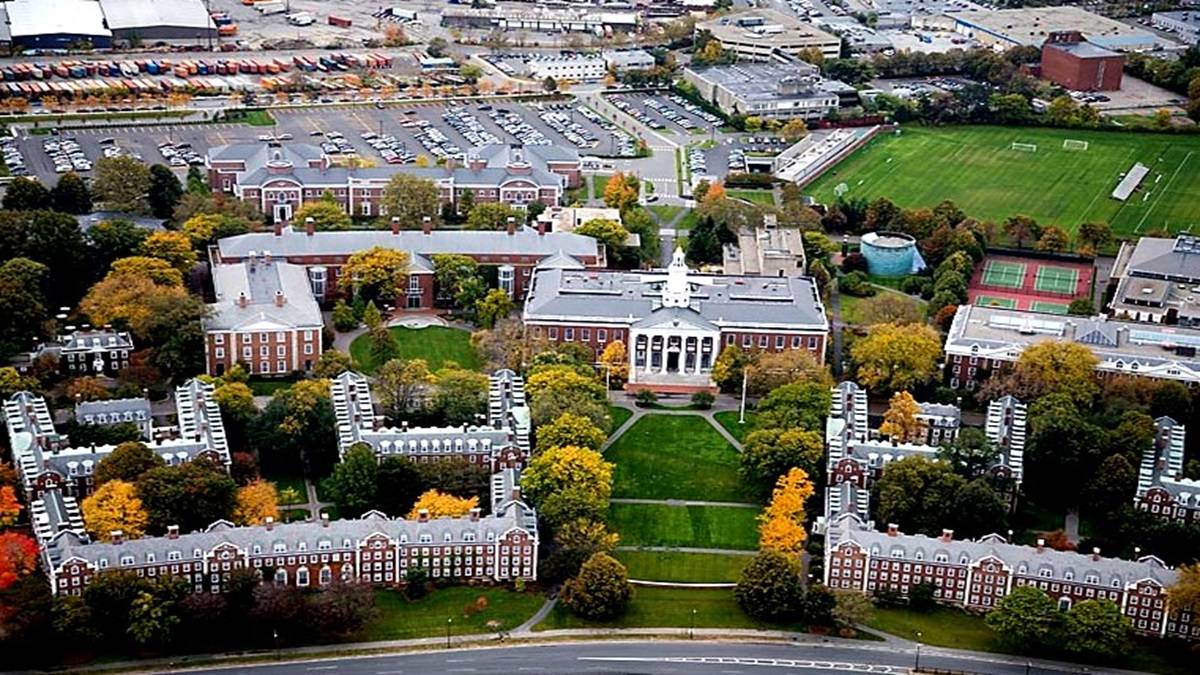US Resumes Student Visa Interviews with New Social Media Disclosure Rule
The change comes at a crucial time, as thousands of Indian students gear up for travel to the U.S. for the Fall 2025 academic session. India has been the second-largest source of international students in the U.S.
The United States government has resumed in-person visa interviews for international students applying under F-1, M-1, and J-1 categories, but with a new condition — applicants must make all their social media accounts publicly accessible for scrutiny by consular officers.
The move comes after a temporary suspension of visa interviews since late May 2025, and now introduces a controversial requirement aimed at strengthening national security vetting. The directive, which has triggered concerns among civil rights groups and student communities globally, mandates that all personal social media accounts of applicants — including platforms like Facebook, Instagram, X (formerly Twitter), and TikTok — be set to “public” before attending visa interviews.

According to a U.S. State Department communication cited in media reports, visa officers will now review applicants’ online presence to identify any indicators of "hostility toward the citizens, culture, government, institutions, or founding principles of the United States." Posts deemed supportive of terrorism, antisemitism, or anti-American views may result in further scrutiny, visa delays, or outright rejection.
Applicants who choose not to comply or keep their accounts private may face adverse outcomes in the visa process. The instruction also applies to those whose interviews had already been scheduled prior to this update.
In addition to the social media rule, the updated guidelines give interview preference to students applying to U.S. institutions where international students make up less than 15% of the student population — a move that could disadvantage those headed to top-tier institutions, including Ivy League universities and large public research campuses.
Legal and educational experts have expressed concern about the lack of transparency in defining what constitutes objectionable content. Advocacy groups argue that the policy risks becoming a form of ideological screening and may deter prospective international students from applying to U.S. universities.
The new vetting policy echoes concerns raised during previous U.S. administrations about using online behavior to assess visa eligibility. However, this is the first time such a sweeping and public requirement has been tied to student visa processing.
Policy Could Affect Indian Students Ahead of Fall Intake
The change comes at a crucial time, as thousands of Indian students gear up for travel to the U.S. for the Fall 2025 academic session. India has been the second-largest source of international students in the U.S., and the new guidelines are likely to impact student mobility, documentation preparation, and counseling practices in India. Applicants are now being advised to carefully audit their online presence and prepare for a more invasive vetting process than ever before.
Read More:
Follow Shiksha.com for latest education news in detail on Exam Results, Dates, Admit Cards, & Schedules, Colleges & Universities news related to Admissions & Courses, Board exams, Scholarships, Careers, Education Events, New education policies & Regulations.
To get in touch with Shiksha news team, please write to us at news@shiksha.com

 Call 8585951111
Call 8585951111
Abhay Anand is an experienced education journalist with over 15 years in print and digital media. Currently serving as Manager- Editorial at Shiksha.com, he specializes in higher education policy, student mobility,
Read Full Bio